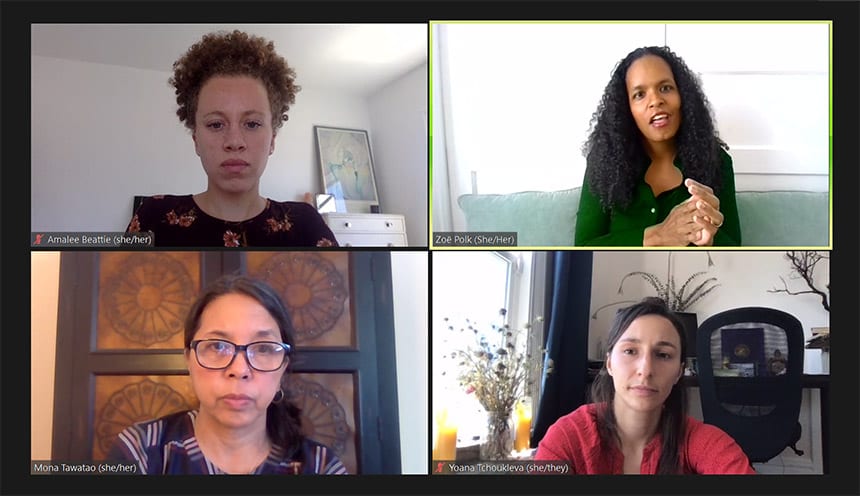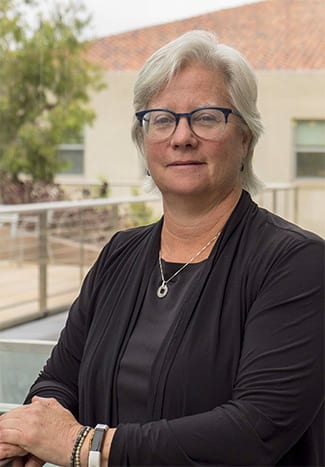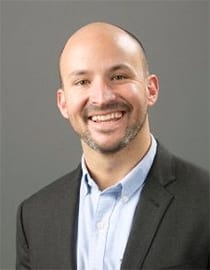
By Gwyneth K. Shaw
It’s been more than three months since Berkeley Law’s classes and events went virtual, a necessity given the threat of the global COVID-19 pandemic. But while students, faculty, and staff may have scattered around the world, the school has continued to bring them, and the public, together through a steady stream of varied online events.
In the last few weeks alone, Berkeley Law has hosted multiple events focused on one—or both—of the crises gripping American society: the ongoing pandemic and the reckoning over racial justice newly fueled by the death of George Floyd and nationwide protests.
Dean Erwin Chemerinsky joined law Professors Khiara M. Bridges and Roxanna Altholz ’99 and UC Berkeley Public Health Professor Osagie K. Obasogie for a wide-ranging conversation about race and policing; just a few days later, a new Berkeley Boosts webinar series centered on civil legal issues and COVID-19, hosted by the Civil Justice Research Initiative, debuted with a discussion on civil remedies for police brutality.
Another brand-new lecture series, about the pandemic’s effect on different areas of the law, has featured Professors Robert Bartlett, William Kell, and Amelia Miazad ’02 talking about the impact on small businesses; Professor Jennifer Urban ’00 on contact tracing and surveillance; Professor Andrea Roth on the challenges posed to criminal cases; and Professors Laurel E. Fletcher and Katerina Linos on international law, among others.
The Berkeley Judicial Institute has held multiple events focused on how courts are coping with the pandemic-related shutdowns. Executive Director Jeremy Fogel, a former federal judge, has drawn in current judges at the state and federal level, including Michigan Chief Justice Bridget Mary McCormack, to talk about the opportunities for change that virtual court proceedings present. These events will also continue through the summer.
Prioritizing community
Chemerinsky says it was important to him to maintain the school’s community beyond classes, especially given the challenging times off-campus. Other than brief pauses for spring break and final exams, the school’s event schedule has been bustling.
“From the moment we went to all online classes, I realized that we would need to make a concerted effort to find ways to create community among our faculty, staff, and students,” he says. “The difficult circumstances cause us to need the support of our community more than ever, but we are kept apart and using a medium that does not lend itself to warm interactions.”

Recently, the Elizabeth J. Cabraser Summer Speaker Series kicked off with a timely theme: “Being a Lawyer in Pandemic Times,” offering perspectives from lawyers working in the field. The first two events covered employment law in the COVID-19 era and racial justice in a crisis; upcoming events will cover voting rights, government lawyering in this fraught time, the criminalization of immigration, and a U.S. Supreme Court review from Chemerinsky.
Sue Schechter, director of Berkeley Law’s Field Placement Program and faculty co-director of the Pro Bono Program, says she realized that her office needed to do more to support students and supervising attorneys when summer work had to go virtual.
“I worried that students would sit in front of their computers for eight hours a day without the space to step back, see the bigger picture, and hear from leaders in the public interest/public sector communities,” she says.
So she reached out to Legal Aid at Work to bring back the Elizabeth Cabraser Summer Series, named for Lieff Cabraser founding partner Elizabeth Cabraser ’78. This summer, the Cabraser series includes 4-5 programs on topics related to lawyering during the pandemic. In addition, Schechter is working on a series, Advocating for Justice, with several partner organizations, introducing students and more to the importance of legal services lawyering.
“We want to have conversations with students and others about their work and careers while offering insights to the next generation of public interest, public sector and pro bono attorneys,” Schechter says.
Maximizing content and access
For Adam Sterling ’13, executive director of the Berkeley Center for Law and Business, virtual events were old hat: For more than two years, he’s been working with the executive education team to create professional development courses that are delivered online.
The team quickly converted the Berkeley Boosts series, typically a monthly event, into a daily series of short conversations that ran for two months. The webinars featured Berkeley Law faculty, including Professors Frank Partnoy and George Horvath ’14 as well as an all-star lineup of journalists, lawyers, and professors that included Tyler Gerking ’02, NYU’s Melissa Murray—a former Berkeley Law professor and dean—and Jesse Eisinger of ProPublica.

They covered topics ranging from catching up on coronavirus testing to the impact of the financial crisis sparked by the pandemic on insurance, regulations, and the mergers and acquisitions market.
“We always try to be responsive to what’s happening in the world and to produce content that is practical and innovative. For the Berkeley Boosts Shorts series, we focused on COVID-19 and its impact on the economy and daily life,” Sterling says. “We found that the condensed, conversational nature of the Shorts series really allowed us to connect with our audience, who were being inundated with virtual offerings. And the daily cadence created a sense of community.”
That sense extended to more lighthearted events, too, including virtual craft circles, trivia nights, and even a chance for work-at-home companion pets to take the Zoom stage. It’s been important to keep the multiple facets of the Berkeley Law experience vibrant, Chemerinsky says.
“Our faculty, staff, students, and centers have been terrific in putting these together and participating. It really has been so reaffirming of our wonderful community.”
Click here to learn more about upcoming Berkeley Law events, many of which are open to the public. Among the highlight on the near horizon: a conversation about race, law, and health policy featuring Chemerinsky, Bridges, Obasogie, and Professors Mahasin S. Mujahid, Director of the Epidemiology/Biostatistics MPH Program, and Tina Sacks of the School of Social Welfare.